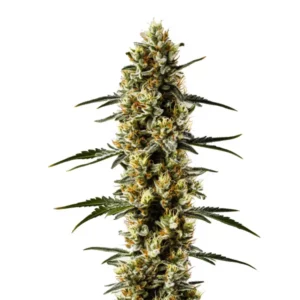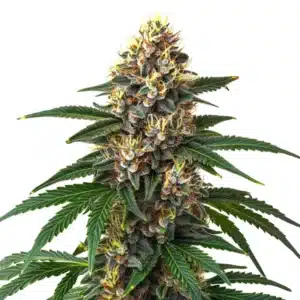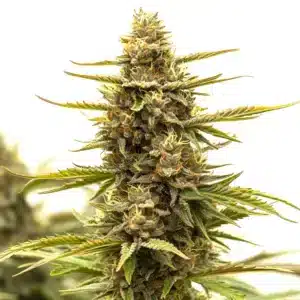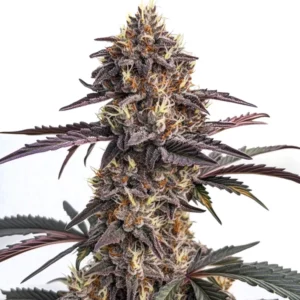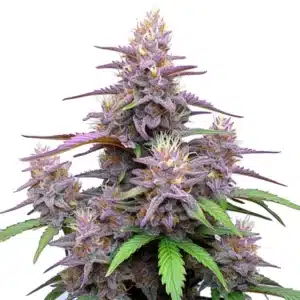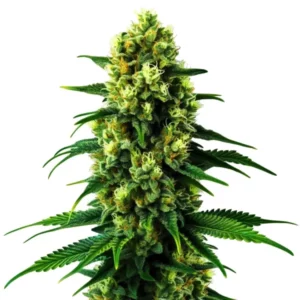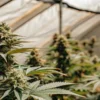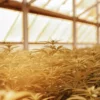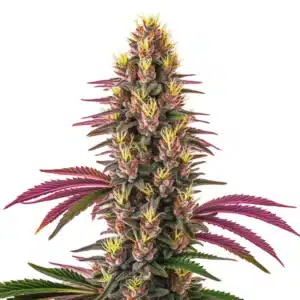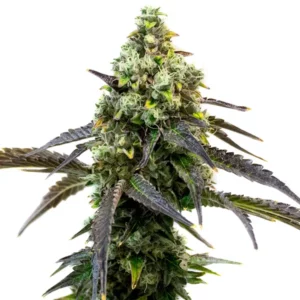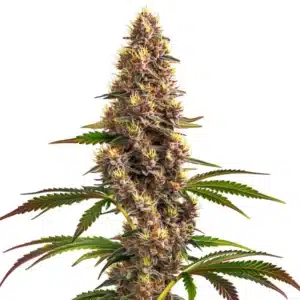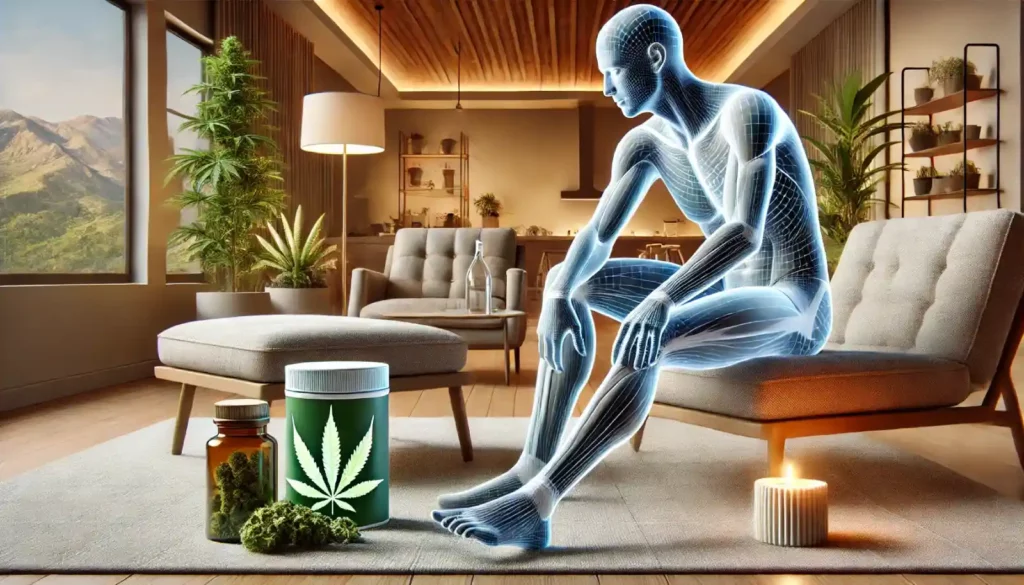
Twitching While High: What’s Going On?
Imagine you’re relaxing after a smoke session, and suddenly, your muscles start twitching. It’s subtle at first, but then it catches your attention. Is this normal? Should you be worried? The sensation of twitching while high can feel strange, even unsettling, especially if you’re unsure about what’s happening in your body. Let’s break it down.
What Is Muscle Twitching, and Why Does It Happen?
Muscle twitching, also known as fasciculation, refers to small, involuntary muscle contractions. These are often harmless but can feel exaggerated when you’re high due to the heightened awareness cannabis induces. Several factors can cause muscle twitching, including:
Recommended Strains
Candida CBD
|
|
CBD | 10% – 20% (Medium) |
|
|
Type | CBD Feminized |
|
|
Yield | Low |
|
|
Phenotype | 50% Indica / 50% Sativa |
Candy Kush
|
|
THC | 14% - 19% (Medium) |
|
|
Type | Feminized |
|
|
Yield | Medium |
|
|
Phenotype | 60% Indica / 40% Sativa |
- Dehydration: Cannabis may lead to dry mouth and dehydration, both of which can affect muscle function.
- Electrolyte Imbalance: Essential minerals like magnesium and potassium regulate muscle function. Cannabis might indirectly deplete these levels.
- Overstimulation of Nerves: THC, the psychoactive compound in cannabis, interacts with your nervous system, sometimes triggering unusual sensations, including twitching.
Promos & Deals
Twitching While High on Weed: The Science Behind It
Cannabis interacts with the body’s endocannabinoid system (ECS), which regulates many physiological processes, including nerve and muscle function. When you consume weed, THC binds to cannabinoid receptors in your brain and body, potentially overstimulating the nerves controlling your muscles. This overstimulation can result in twitches, especially if:
- You’ve consumed a high dose of THC.
- You’re feeling anxious or stressed.
- You’re in an unfamiliar or uncomfortable setting.
How Common Is Muscle Twitching When High?
Muscle twitching isn’t a universal experience for cannabis users, but it’s not rare either. Individual reactions to cannabis vary based on factors like tolerance, body chemistry, and strain selection. For some, twitching might be a one-time occurrence; for others, it could happen more frequently.
Are Certain Cannabis Strains More Likely to Cause Twitching?
Yes, strain choice matters. Cannabis strains with higher THC levels are more likely to cause nerve overstimulation. Indica strains, known for their relaxing effects, might help minimize twitching, while sativa strains, which are more stimulating, could potentially exacerbate it.
Strains to Consider
- Low-THC Strains: These strains, such as Harlequin or ACDC, provide a milder experience, reducing the chances of overstimulation.
- CBD-Rich Strains: CBD counteracts some of THC’s effects, potentially preventing muscle twitching.
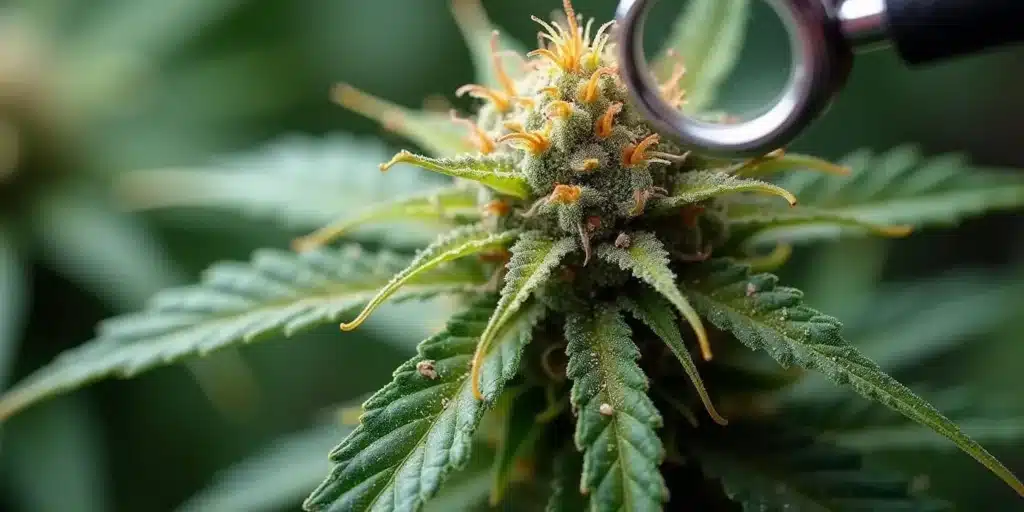
How to Prevent Twitching While High
If you’re experiencing twitching, here are practical steps to reduce it:
Stay Hydrated
Dehydration is a common side effect of cannabis consumption. Drink water before, during, and after your session to keep your muscles functioning properly.
Maintain Electrolyte Balance
Consume foods rich in potassium, magnesium, and calcium, such as bananas, spinach, and almonds, to support muscle health.
Start with Low THC Levels
If you’re prone to twitching, opt for strains with lower THC content or balanced THC-to-CBD ratios. Experimenting with microdosing can also help you find your ideal dose.
Relax Your Body and Mind
Stress and anxiety can amplify muscle twitching. Create a comfortable environment for your session—think cozy lighting, calming music, and a stress-free mindset.
The Role of Terpenes in Muscle Twitching
Terpenes, the aromatic compounds found in cannabis, play a significant role in how the plant affects your body. Some terpenes may promote relaxation, while others can be more stimulating, potentially influencing muscle twitching.
- Linalool: Found in lavender and some cannabis strains, linalool is known for its calming properties and may help reduce muscle tension.
- Myrcene: This terpene is prevalent in indica strains and has sedative effects that can ease muscle spasms.
- Limonene: While uplifting and mood-enhancing, limonene might overstimulate some users, potentially exacerbating twitching.
Understanding the terpene profile of your chosen strain can help you make informed decisions to minimize muscle twitching.
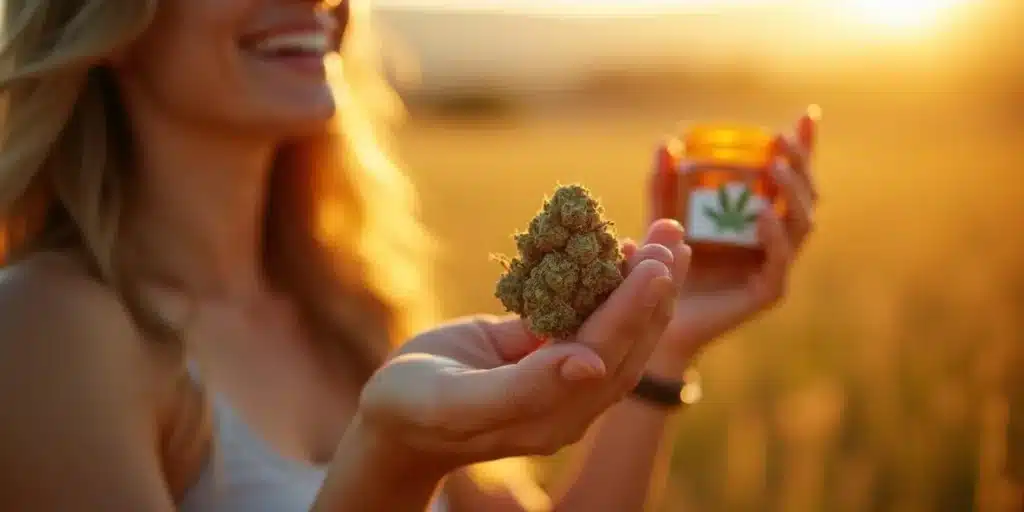
Cannabis Products Designed for Muscle Relaxation
If twitching while high is a concern, certain cannabis products are specifically designed to promote relaxation and reduce discomfort:
CBD-Dominant Oils
These oils provide calming effects without the psychoactive high, making them ideal for muscle relaxation. Use sublingual drops for fast-acting relief or add them to your favorite drinks.
Topical Creams and Balms
Applied directly to the skin, these products target specific areas of muscle discomfort. Look for products with menthol or eucalyptus for an added soothing sensation.
Relaxing Edibles
Edibles infused with indica-dominant strains or CBD can help ease your body into a relaxed state. Gummies or chocolates are discreet options that offer long-lasting effects.
Herbal Blends with CBD
Some teas and tinctures combine CBD with calming herbs like chamomile or valerian root, providing a multi-faceted approach to relaxation.
Exploring these options can enhance your cannabis experience while reducing unwanted side effects.
How Does Cannabis Compare to Other Muscle Relaxants?
Cannabis is often considered a natural alternative to pharmaceutical muscle relaxants. Here’s how it stacks up:

- Natural Composition: Unlike synthetic drugs, cannabis offers a plant-based solution with fewer reported side effects. This makes it appealing to users seeking holistic health remedies.
- Customizable Effects: Users can select specific strains or products to match their relaxation needs. For example, a balanced THC-CBD strain might be ideal for mild discomfort, while CBD-heavy products suit chronic tension.
- Lower Risk of Dependency: Cannabis has a lower risk of addiction compared to some prescription muscle relaxants, which can be habit-forming when used long-term.
That said, cannabis may not replace prescribed medications in all cases. Consulting with a healthcare provider is always recommended, especially if you’re using cannabis for medical purposes.
Can Twitching Indicate Poor Quality Cannabis?
Yes, low-quality cannabis can contribute to muscle twitching. Poorly cured or improperly grown cannabis may contain residual pesticides or mold, which can irritate your body. Signs of poor-quality cannabis include:
- Harsh Taste or Smell: A burning or chemical-like aroma can indicate contamination.
- Excessive Dryness or Moisture: Overly dry buds may crumble, while moist ones risk developing mold.
- Lack of Transparency: Reputable sellers provide information about the strain’s origin, cannabinoid content, and terpene profile.
Buying from reputable sources ensures you’re consuming high-quality products that minimize adverse effects. Check lab results when available to verify product safety.
Tips for First-Time Users to Avoid Twitching
New to cannabis? Follow these tips to have a smooth experience:
- Start Slow: Begin with small doses, especially if you’re unsure of your tolerance. It’s better to build up gradually than to overwhelm your system.
- Choose Balanced Strains: Opt for strains with equal parts THC and CBD to avoid overstimulation. Popular options include Cannatonic or Pennywise.
- Set the Scene: Use cannabis in a comfortable, familiar environment to reduce anxiety. Surround yourself with trusted friends and calming stimuli.
- Stay Hydrated: Keep water nearby to combat dehydration. Adding a slice of lemon or cucumber can make hydration more enjoyable.
- Eat Well: Snack on foods rich in electrolytes to support your body. Consider bananas, avocados, or coconut water for quick replenishment.
Following these tips can help you enjoy cannabis without the discomfort of twitching.
FAQs About Twitching While High
Is Twitching While High Dangerous?
For most users, muscle twitching while high is harmless and temporary. However, if the twitching persists or worsens, it’s wise to consult a medical professional.
Does CBD Help with Muscle Twitching?
Yes, CBD’s calming effects on the nervous system can reduce muscle twitching caused by THC.
Can Edibles Cause Twitching Too?
Yes, edibles can also cause twitching. They often deliver a stronger and more prolonged THC effect compared to smoking or vaping, increasing the likelihood of nerve overstimulation.


